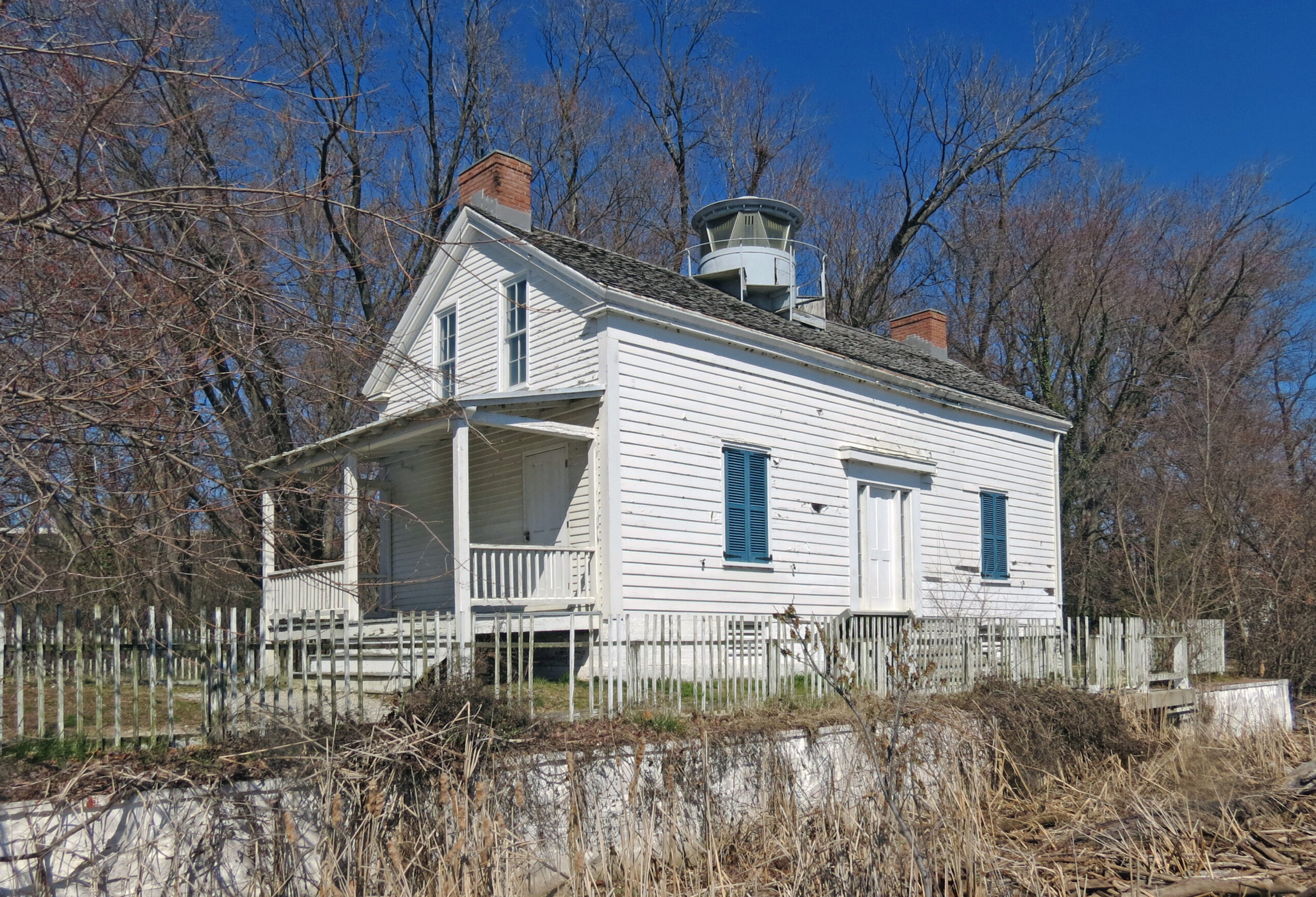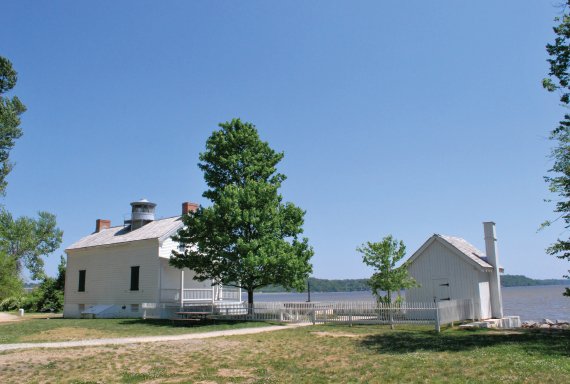Reveal the Rich History of Jones Factor Lighthouse: A Historic Site to Check Out
Snuggled along the banks of the Potomac River exists Jones Factor Lighthouse, a beacon with a storied past that bids exploration. Join us as we begin on a journey via time, unraveling the abundant tapestry of Jones Factor Lighthouse and the keys it holds.
Very Early Construction and Purpose
Built in the early 1850s, the Jones Factor Lighthouse was originally developed to lead ships navigating the treacherous waters of the Potomac River. This historic landmark, located in Alexandria, Virginia, worked as an essential navigational help for maritime website traffic entering the busy port of Washington, D.C. The lighthouse, standing at 39 feet high, included a distinct white tower with a red lantern room that emitted a consistent light beam of light, helping ships safely maneuver through the river's channels and prevent hazardous shoals and sandbars.
Appointed by Head Of State Andrew Pierce, the building and construction of the Jones Factor Lighthouse was overseen by architect Henry Poole, who developed the structure to endure the extreme climate problems of the river while keeping its capability as a sign of security. The lighthouse's calculated place at the southerly idea of Jones Point Peninsula offered ideal exposure for incoming vessels, directing them towards the docks of the country's resources. Today, the Jones Factor Lighthouse stands as a testimony to its marine heritage, drawing in visitors crazy about exploring its rich background and value in leading maritime profession throughout the 19th century.
Development of Lighthouse Innovation

Modern lighthouses are currently outfitted with computerized LED illumination systems, GPS synchronization, and advanced monitoring modern technology. The development of lighthouse innovation continues to play a vital duty in making sure the security of seafarers and the protection of coasts worldwide.

Role in Maritime Navigating
Navigational aids supplied by lighthouses have long worked as signs of security, leading ships through treacherous waters and making certain the safety and security of maritime courses. Jones Point Lighthouse, with its critical location at the convergence of the Potomac River and the Chesapeake Bay, played a vital duty in maritime navigation throughout the 19th and very early 20th centuries (Jones Point Lighthouse hour). Mariners depended on the lighthouse's unique light patterns to identify their setting, avoid hazardous shoals, and safely browse the busy rivers of the area
Jones Point Lighthouse also acted as an essential reference point for ships approaching the busy port of Alexandria, Virginia, assisting in the efficient movement of products and travelers. Its existence not just guarded vessels from possible threats but also helped with the growth of maritime trade and commerce in the area. Today, while modern navigational innovation has mostly replaced conventional lighthouses, Jones Point Lighthouse stands as a historic site, reminding us of its significant contributions to maritime safety and navigation.
Connection to American Civil War
During the tumultuous era of the American Civil War, Jones Point Lighthouse's tactical positioning continued to play a pivotal role, albeit with a new significance tied to the conflict's influence on maritime activities in the area. The lighthouse, situated at a a fantastic read vital point along the Potomac River, worked as a vital navigational help for Union and Confederate vessels alike. Jones Point Lighthouse map. Its beacon aided overview ships through the treacherous waters, aiding in the transport of soldiers, materials, and communication vital to both sides of the dispute
Jones Factor Lighthouse stood as a silent witness to the extreme struggles that took area on the water. Union requires heavily counted on the waterway for army motions and supply lines, making the lighthouse a crucial aspect in their logistical chain.
By doing this, Jones Factor Lighthouse came to be not only an icon of stability and support but also a critical asset in the unstable waters of the American Civil Battle.
Repair Initiatives and Conservation
Amidst the passage of time, significant strides have been made in the remediation and preservation of Jones Point Lighthouse, ensuring its historical tradition withstands for future generations. Initially built in 1855, the lighthouse has actually weathered years of deterioration, motivating reconstruction campaigns to keep its architectural integrity and historic significance (Jones Point Lighthouse hour). These efforts include meticulous restoration work with the lighthouse's iconic red block outside, the substitute of corroded metal parts, and the installment of safety coatings to shield the framework from ecological components
Collective partnerships between federal government firms, historical preservation companies, and specialized volunteers have played an important role in financing and carrying out these remediation tasks. With their combined efforts, Jones Factor Lighthouse stands today as a beacon of naval background along the Potomac River, providing site visitors a look into the past and a link to the area's abundant maritime heritage.
Verdict
To conclude, Jones Point Lighthouse stands as a substantial historic landmark with an abundant history going back to its early building and purpose. With the evolution of lighthouse innovation, it played an essential duty in maritime navigation and has connections to the American Civil Battle. Remediation initiatives have protected this important piece of background for future generations to explore and value.
Please visit one of our local supporters - Estrella Esthètique Dermplanning